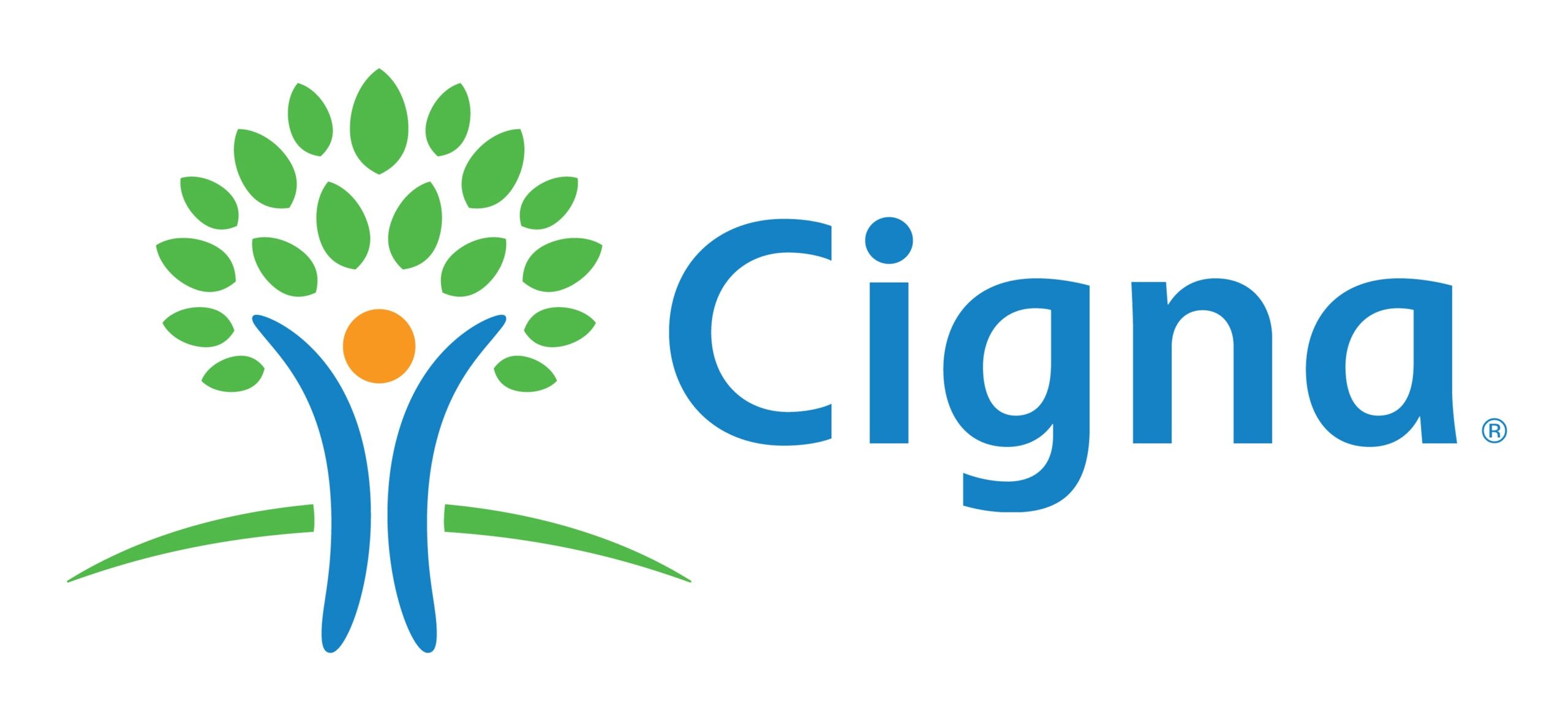




Meet Our Team
We utilize a variety of treatment modalities to teach them the coping skills they need to find stability and discover their self-awareness. With our help, your teen can look forward to a successful future.
Hillside Horizon for teen treatment center in California is dedicated to assisting adolescents in overcoming the challenges that obstruct their everyday lives. Our core mission is to provide teens with effective coping mechanisms that are not only pertinent to their current situations but also versatile enough to serve them well into the future. We wholeheartedly commit to accompanying families with empathy and care, as they place their trust in us for the safety of their children during this transformative journey of Teen Mental Health Treatment.
Hillside Horizon for Teens aims to provide a safe and tranquil environment for teens and their families to learn, grow, and heal. With decades of experience in the Mental Health industry, our team has built crucial rapport and trust through frontline involvement. Our highly motivated and passionate team of medical and clinical professionals offers comprehensive guidance to families, emphasizing clear communication, confidentiality, and quality care. Employing diverse treatment modalities, we strive to help teens set and achieve unique, individual goals, guiding them toward a healthier and more prosperous future. We take a stand against the stigma surrounding mental health and aspire to educate families across the board while building resiliency in your teenager.
Founded by a group of like-minded individuals recognizing the urgent need for support in an underserved population.





1. Initial Call
When you make your initial call, one of our dedicated staff members will answer any questions you have, discuss our program and your child's unique needs.
2. Verification of Benefits
If you will be utilizing insurance for your child treatment, we will collect the necessary information and complete a benefit verification. This will give us a clear picture of what is covered and what you may owe, if anything. We never want cost to be an obstacle, that is why we have payment plans and financial hardship applications available to families who need them.
3. Assessment
One of the most important steps in the admissions process is the assessment. This is where our clinical team will get to know your child’s treatment history, symptoms, and other important details that give us a better understanding of them. The clinical assessment helps us determine if your child is an appropriate fit for us. In the event we are not the appropriate fit, we will provide you with vetted referrals that we know and trust.






You will receive a packing list but a general rule would be to pack one week worth of clothes. The majority of your time will be spent in groups or a therapeutic setting so pack comfy! Lounge wear, jeans, jackets, anything you feel comfortable in. No inappropriate clothing is permitted.
No weapons, alcohol/drugs, hand sanitizer, razors or sharp items, matches/lighters are not permitted.
Yes of course! We love having families meet our staff and see the facility their child will be at.
Yes! You can schedule a tour with your admissions coordinator.
"I am truly grateful to Hillside for the treatment my daughter experienced. From the very first phone call to the last therapy session and everything in between, our family has felt cared for, supported, and encouraged. My daughter was treated with kindness, care and dignity and was never defined by her illness, struggles or behaviors...Thank you, Hillside Horizon!"
"First of all, no one can tell me that the owner, Anthony, is not a Godsend! Like a literal Angel on earth. This man went above and beyond to ensure that our family had the opportunity to get the help we so desperately needed. He offered empathy and resolve when it felt like everywhere else there were barriers. I’m so glad that someone referred me to his program. I will forever be grateful for Hillside Horizon."
"Hillside Horizon treated my daughter very well. The leadership and staff were knowledgeable and communicated well with us. My daughter gained a lot of knowledge and learned to love herself as well as others throughout her stay at Hillside. Thank you all for opening your doors and helping my daughter through her rough journey...."
"Hillside saved my life. The staff was so kind and understanding to me. I will never forget the people I met there and the things I learned."
"So happy that I found Hillside for my boys. My boys went through a tough time, divorce, smoking pot, new friend groups that weren’t the best of kids… we all know that teens are hard no matter what!!! To have a team of professionals, especially Felicia (clinical director) help out our family made it so much easier. The owner, Anthony really cared about my boys and their treatment- it was never based on the money or what I had to pay, it was always focused on patient care and having healthy, happy teens in the end....Can’t say enough positive things about Hillside Horizon. Love the entire team and my boys did too! Thanks for always making me feel like I had the support as a mom..."
"My daughter went to Hillside in late August; right before she turned 13. She was there for about 45 days and the only reason she left “early” was because I had to get her back in school here in MD...
I could list out so many positive people who have impacted my daughters life in the best way, but I just truly want to say thank you from the bottom of my heart. Because of your facilities, I feel like I have MY girl back. Because someone FINALLY listened and didn’t see dollar signs over her mental health, my daughter is able to be the person who we all knew she could be."
